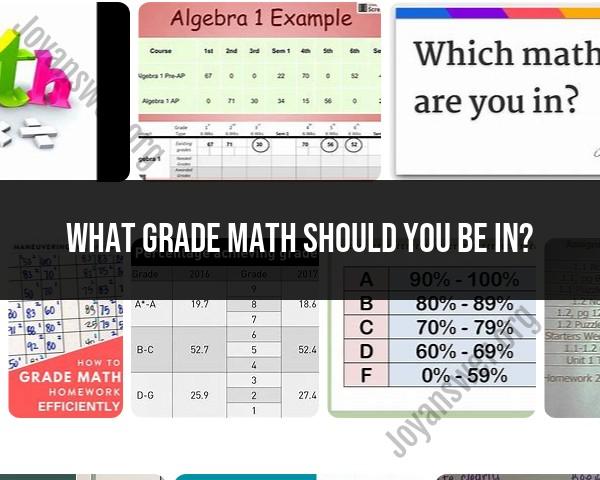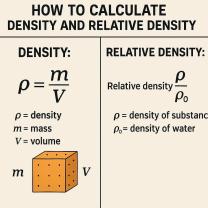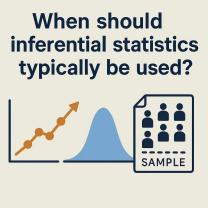What grade math should you be in?
Determining the grade level for your math skills depends on the specific topics and concepts you have mastered. Math curriculum varies across regions and countries, so the following is a general guideline for the types of skills typically covered in each grade level:
Kindergarten (Pre-K in some places):
- Basic counting and number recognition.
- Simple addition and subtraction (within 5).
- Identifying shapes and patterns.
1st Grade:
- Addition and subtraction within 10.
- Introduction to place value.
- Measurement (length, weight, and capacity).
- Basic understanding of geometric shapes.
2nd Grade:
- Addition and subtraction within 20.
- Introduction to multiplication and division concepts.
- Understanding place value up to hundreds.
- Introduction to fractions.
- Measurement (time, money).
3rd Grade:
- Multiplication and division facts.
- Understanding fractions and equivalent fractions.
- Place value up to thousands.
- Measurement (area, perimeter).
- Basic understanding of geometric concepts.
4th Grade:
- Multiplication and division with larger numbers.
- Fractions and decimals.
- Basic understanding of algebraic concepts.
- Measurement (converting units).
5th Grade:
- More complex multiplication and division.
- Operations with decimals and fractions.
- Introduction to percentages.
- Geometry (coordinate planes, volume).
6th Grade:
- Understanding of ratios and proportions.
- Exponents and basic algebraic expressions.
- Integers and their operations.
- Statistics and probability.
7th Grade:
- Advanced operations with integers, fractions, and decimals.
- Algebraic concepts (linear equations, inequalities).
- Geometry (scale drawings, angles).
- Probability and statistics.
8th Grade:
- More advanced algebraic concepts (systems of equations, functions).
- Geometry (transformation, congruence).
- Understanding of irrational numbers.
- Introduction to high school-level math.
It's important to note that individuals may progress at different rates, and some may excel in certain areas while needing more support in others. If you're unsure about your grade level in math, consider taking a diagnostic test or discussing your skills with a teacher or educational professional who can provide more personalized guidance. Additionally, online resources and math placement tests can help assess your proficiency in specific math topics.
Math Skills and Grade Levels:
Matching grade levels to specific skills: It's important to remember that development and learning pace vary considerably among individuals, so strict grade-level alignments might not be ideal. However, here's a general overview of some core math skills and their typical introduction in grade levels:
Early Math (Kindergarten - Grade 2):
- Counting & Place Value: Recognizing numbers, counting forwards and backwards, understanding place value (ones, tens, hundreds).
- Addition & Subtraction: Simple addition and subtraction problems, using manipulatives and visual aids.
- Geometry & Measurement: Basic shapes, sorting and classifying objects, measuring length and weight.
Mid-Elementary (Grades 3-5):
- Multiplication & Division: Understanding multiplication and division tables, applying them to solve problems.
- Fractions & Decimals: Introducing fractions and decimals, relating them to whole numbers, basic operations.
- Geometry & Measurement: More complex shapes, area and perimeter, volume, different units of measurement.
Upper Elementary (Grades 4-6):
- Multi-Digit Operations: Adding, subtracting, multiplying, and dividing larger numbers with strategies.
- Fractions & Decimals: Advanced operations with fractions and decimals, mixed numbers, conversions.
- Algebra Introduction: Pre-algebra concepts like variables, expressions, equations, simple problem-solving.
Middle School (Grades 7-8):
- Proportions & Ratios: Understanding ratios and proportions, applying them to solve real-world problems.
- Integers & Real Numbers: Working with positive and negative numbers, operations with decimals and fractions.
- Pre-Algebra & Algebra: Linear equations, inequalities, graphing, solving systems of equations.
High School (Grades 9-12):
- Algebra 1 & 2: Advanced algebraic concepts, functions, quadratic equations, polynomial operations.
- Geometry: Proofs, theorems, geometric constructions, coordinate geometry.
- Trigonometry & Pre-Calculus: Introduction to trigonometry, functions, advanced problem-solving skills.
Determining the appropriate math grade:
- Observe the student's skills and understanding: Watch how they handle problems, what concepts they grasp easily, and where they struggle.
- Formal assessments: Standardized tests or teacher-created assessments can identify specific strengths and weaknesses.
- Consult with educators or specialists: Teachers, tutors, or educational professionals can assess the student's level and recommend appropriate resources.
- Consider individual needs and learning pace: Don't pressure students to fit into strict grade-level expectations. Focus on their progress and provide scaffolding and support where needed.
Standardized assessments:
Yes, several standardized assessments align with grade-specific math proficiency, including:
- MAP Growth: Measures math achievement and growth based on individual student data.
- NWEA MAP Test: Assesses math skills and understanding aligned with various grade levels.
- Stanford Achievement Test (SAT 10): Comprehensive assessment battery that includes a math section aligned with grade levels.
- Common Core State Standards (CCSS): Not a test itself, but provides benchmarks for math skills expected at each grade level.
Remember, standardized tests offer one data point. They should be used in conjunction with other assessments and observations for a more holistic understanding of a student's math abilities.













